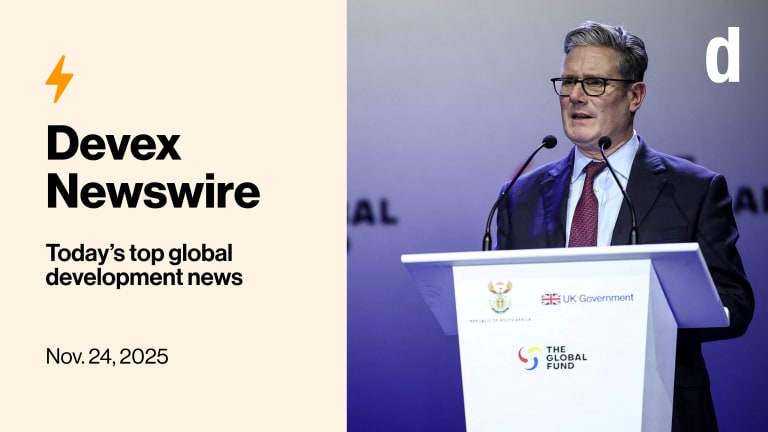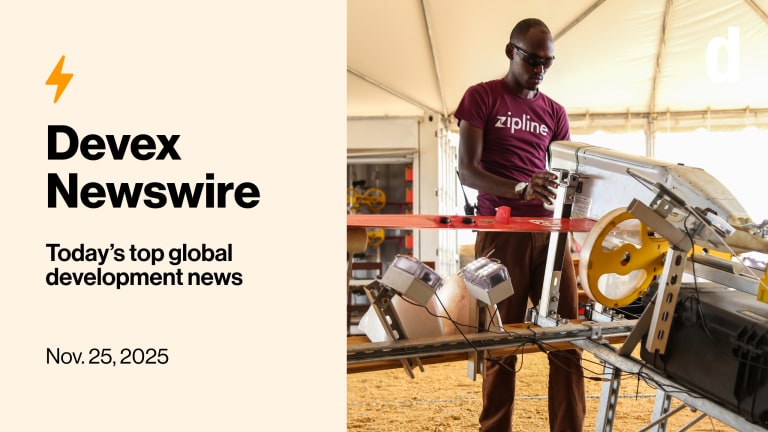Possibly for the first time, “development workers” made it into a State of the Union address.
United States President Barack Obama’s annual speech, his last as commander-in-chief, dedicated roughly 10 percent of its nearly 5,500 words to global development issues and attempted to link those issues to U.S. leadership and national security.
Asserting that the U.S. is more threatened today by failing states than other rising world powers, Obama’s overarching message was one of multilateralism and smart power. Themes such as coalition-building and cooperation featured prominently throughout and they extended directly to the conduct of U.S. foreign assistance.
Printing articles to share with others is a breach of our terms and conditions and copyright policy. Please use the sharing options on the left side of the article. Devex Pro members may share up to 10 articles per month using the Pro share tool ( ).









